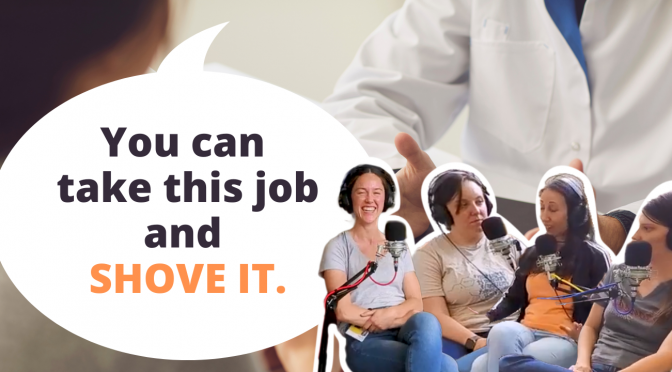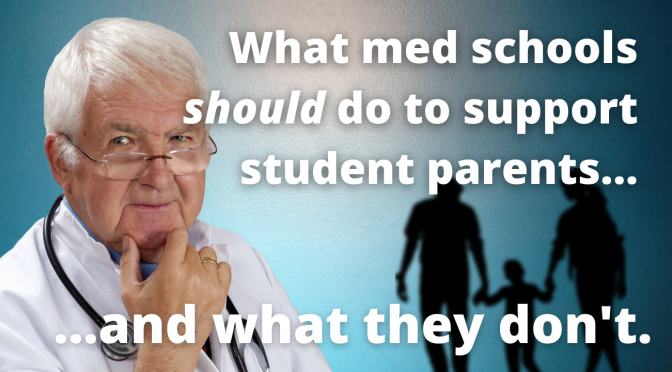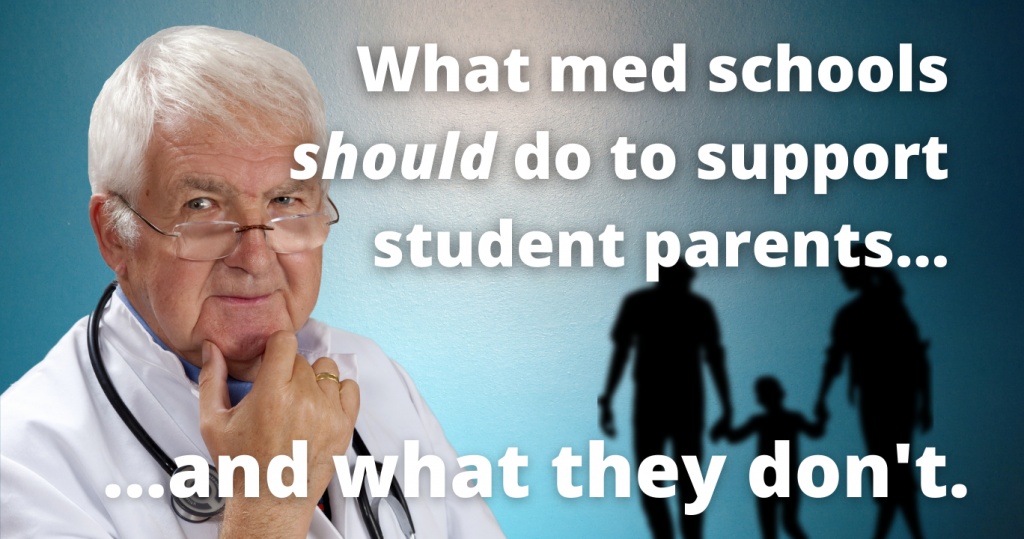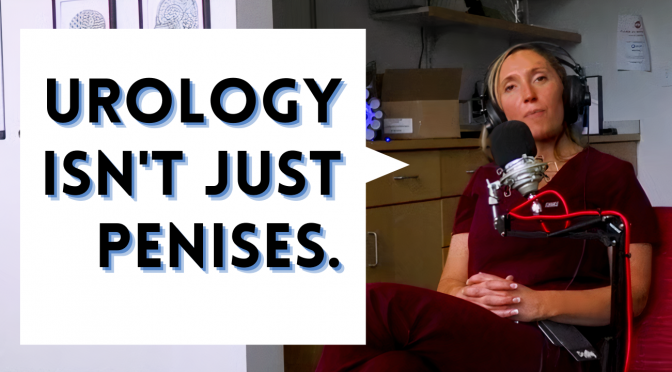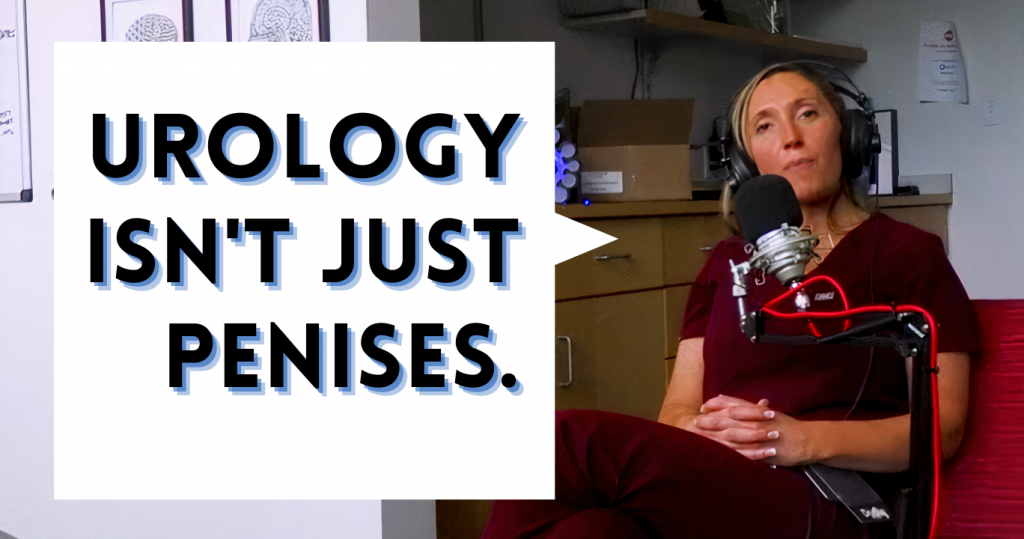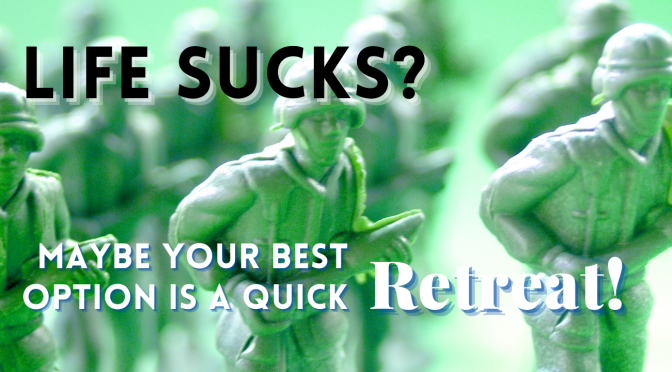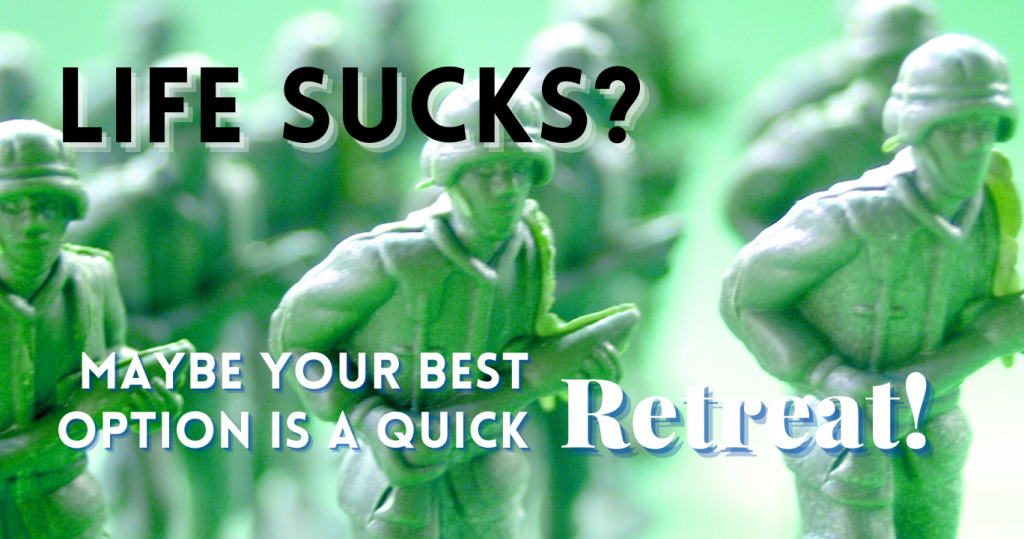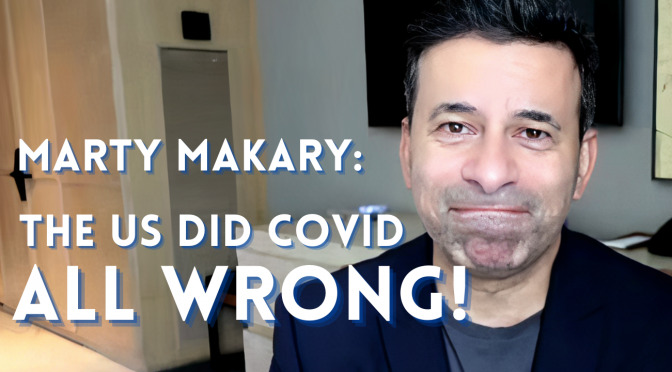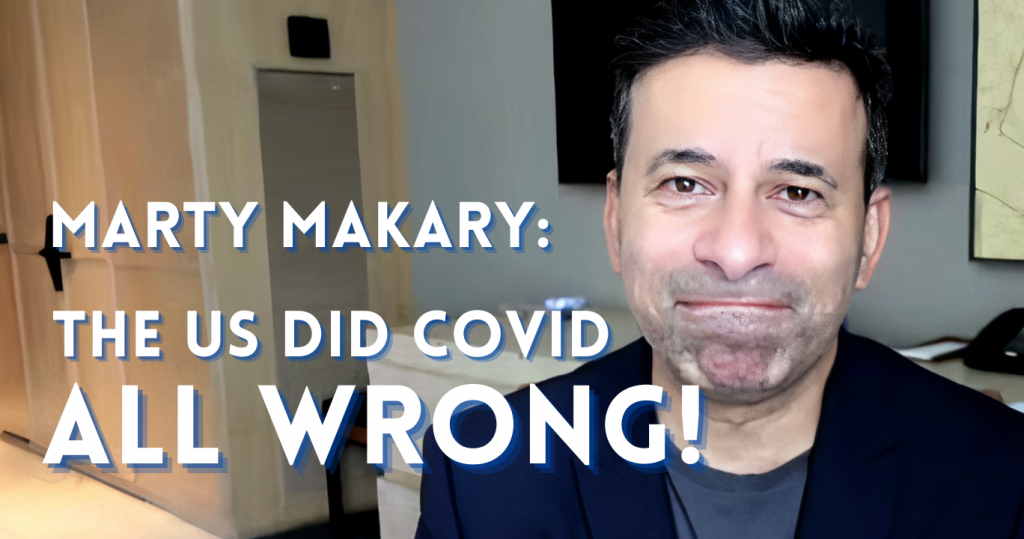Podcast: Play in new window | Download (Duration: 57:18 — 52.5MB)
Subscribe: Spotify | RSS | More
COVID taught many employees what their employees think of them. Doctors are no different.
TL;DR
- Most people don’t see themselves as partners in success, but as hired hands. Doctors are employees, too, and have similar issues with their employers!
- 30% of administrators reported losing physicians during the pandemic. Either an exit from healthcare or a mass shift of physicians from low-engagement jobs to higher engagement positions may have already begun.
- We discuss what a great job for a doctor might look like.
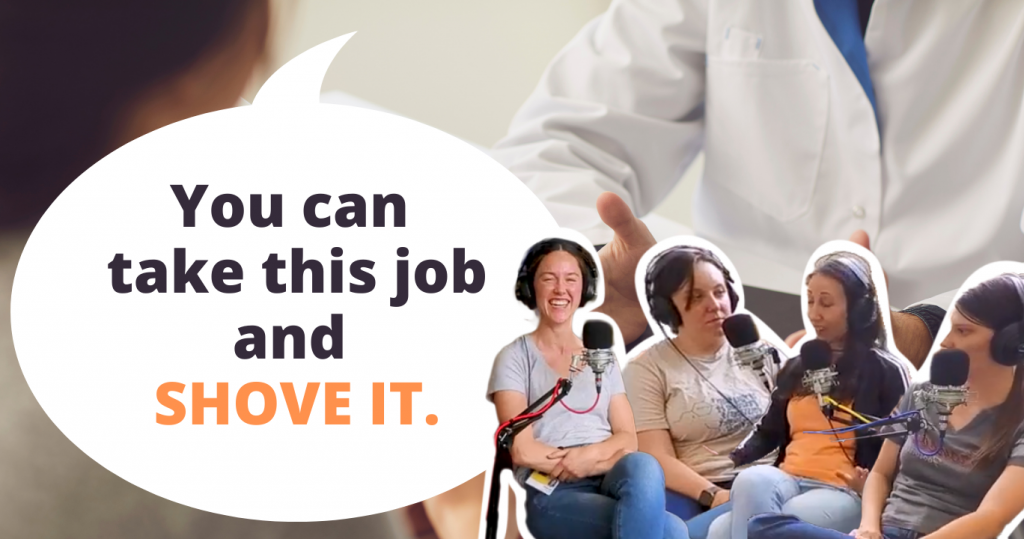
In this episode future physicians M2 Nicole Hines, and MD/PhD students Miranda Schene, Aline Sandouk and newcomer Riley Behan are on hand to talk about “employee engagement,” the idea that workers–and physicians are workers, remember–feel best utilized and appreciated when they are partners rather than cogs in the success of their employers.
And while many physicians have experienced job dissatisfaction and burnout, COVID seems to have taught some docs that they no longer have to put up with that. As employers of all kinds struggle to bring disengaged workers back to their dissatisfying, low-paying jobs, a white paper from a physician recruiter ominously suggests that doctors are also re-thinking their work as employees.
With that in mind, Dave asks his co-hosts what, for them, might be the features of a job that they could feel engaged with, like a partner in success?
We Want to Hear From You
How’d we do on this week’s show? Did we miss anything in our conversation? Did we anger you? Did we make you smile? Call us at 347-SHORTCT anytime or email theshortcoats@gmail.com. It’s always a pleasure to hear from you!
Continue reading The Coming Physician Exodus: Why Doctors May Leave the Profession Soon
